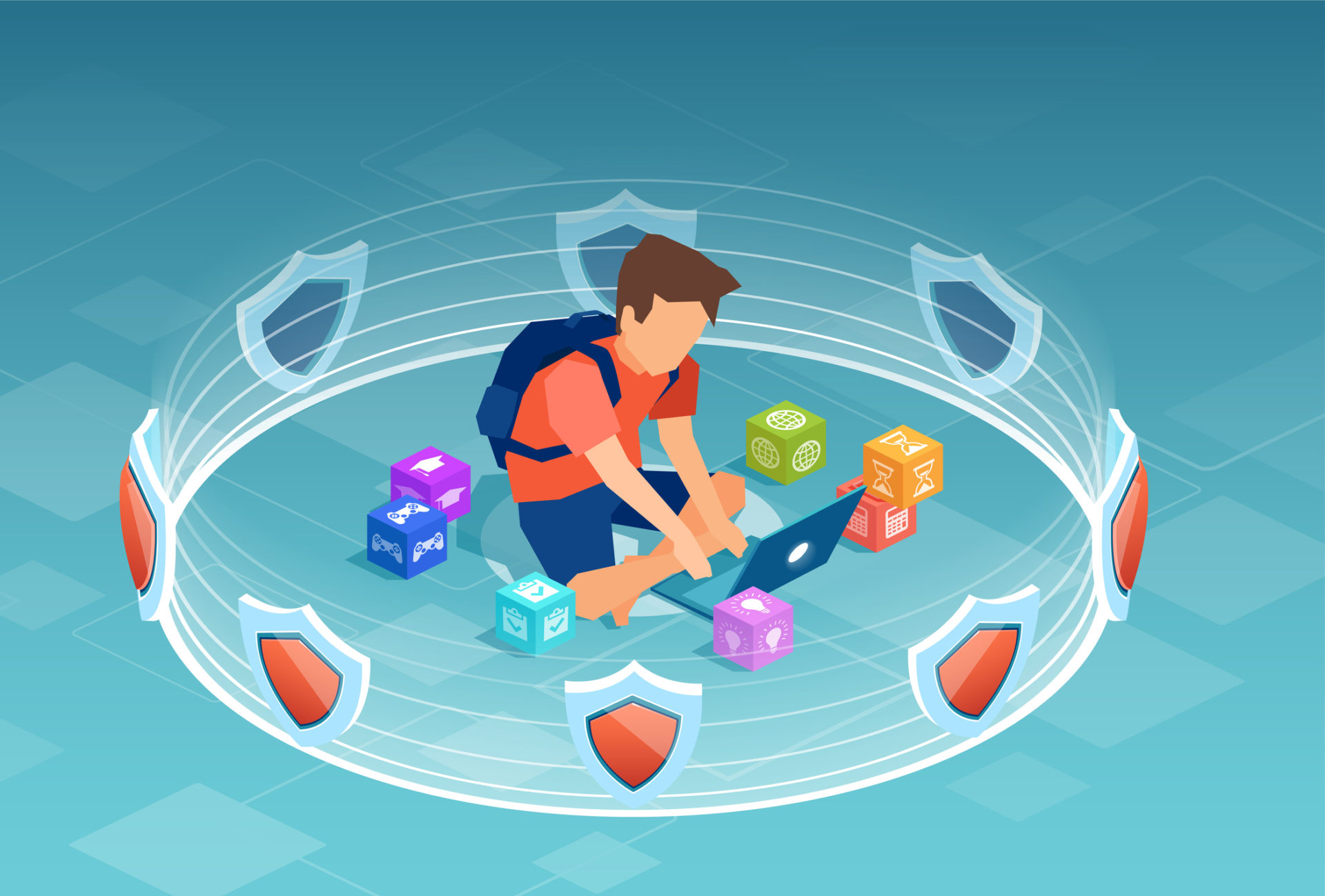
This blog has been written by Sacha Kent, Education Manager, Young Gamers & Gamblers Education Trust.
The Young Gamers & Gamblers Education Trust is a national charity with a social purpose to inform, educate and safeguard young people against the potential harms associated with both gaming and gambling.
Impact of Lockdown on Gambling
Research surrounding the impact of lockdown around gambling is still in its infancy. These points summarise findings from the Public Health England produced report which explored gambling during and post-lockdown. The report presents insights from survey research with the general population in the United Kingdom.
- 52% of gamblers reported participating in the same amount of gambling during lockdown. 41% reported less involvement in gambling. Only 4% stated that they had gambled more during the lockdown period.
- Reasons for reductions in gambling were not wanting to (30%), preferred methods of gambling were unavailable (28%) and having less disposable income (11%).
- For those experiencing gambling related harm, 20% reported increased levels of gambling during the lockdown.
- 4% who had not gambled prior to lockdown began to do so. Post lockdown, 2.6% of these people stopped, whilst 0.6% continued online and 1.1% started gambling in person.
- The majority of those trying new types of gambling, and increasing the frequency of gambling activities were 18 – 34-year-olds.
Initial reports are generally indicating that there has been an overall reduction in gambling across the UK. Equally, the amount of new people turning to gambling is also quite low. This is to be expected with casino and bingo halls, racing venues and bookmakers being closed during lockdown.
The concerns come with those experiencing gambling related harm increasing their frequency and exploring new avenues of gambling.
Impact of Lockdown on Gaming
With almost the entire world unable to see family, friends and loved ones, online quizzes, parties and socialising became the new norm. New forms of entertainment were turned to that may not have been previously considered, and the world of online gaming boomed. Ofcom’s 2021 report shows:
- 62% of adults and 92% of 16–24-year-olds played games on an electronic device during 2020.
- Over half of gamers agreed that gaming helped them get through lockdown.
- Gamers aged 8-15 years said they were more likely to get bullied during online gaming than on social media.
- Smartphones were the most commonly used device for gaming across all age groups.
- There has been an increase in those watching YouTube (100 billion in 2020 doubled from 2018) and Twitch (17billion 2020 up from 9 billion in 2019) for gaming content.
A third of 16–64-year-old gamers surveyed earlier in 2021 also stated they had spent money on in-game or virtual items. This was higher than the amount that had been spent on physical computer games, digital games or subscriptions. With some of these items likely to have been ‘loot boxes’, simulated gambling or in game currency, there are potential risks similar to those shown with the lockdown gambling findings. Habits have changed, more people are going online and spending money in new ways.
Moving several aspects of our lives online has been almost essential to keep us socialising and entertained during and after lockdowns. It’s important that with this ‘new normal’ we recognise the benefits, but also address the risks, so that we can educate and safeguard those around us.
At YGAM we offer a variety of programmes which can help professionals, parents, students and young adults to ensure this happens.
How can YGAM Support with Staying Safe Online?
The YGAM offer a variety of programmes to support young people to access online gambling and gaming safely.
Young People’s Gambling Harm Prevention Programme
Who’s it for? Education staff and youth workers delivering directly to young people
What is it? Award winning, free training for staff and volunteers to enable them to deliver sessions to the young people they work with. With over 450 free resources from KS2 – KS5 and for under 13s to 16+, and a City & Guilds Digital Certificate for those completing the workshops.
University & Student Engagement Programme
Who’s it for? University staff and student unions
What is it? Free training for staff to raise awareness on safeguarding students. University students may come into large sums of money with loans and experience an increase in independence. Know how to identify the signs of students who may be struggling and where to signpost them.
We also have our dedicated Student Hub directly for students with interactive advice and lived experiences to help them to avoid the risks of gaming and gambling-related harm.
Who’s it for? Parents, guardians and foster carers
What is it? Providing information and guidance around wellbeing, safeguarding and spotting the signs of harm. Our free parent workshops are fantastic for supporting your young people around gaming and gambling at home. Our additional Looked After Children workshop offers a City & Guilds Certificate for those supporting children in care.
We also have our dedicated Parent Hub which provides knowledge, understanding and resources to help further understand gaming and gambling, and where to get further help.
Preventing Gambling Harms in Diverse Communities
Who’s it for? Faith and community leaders based within London and the Home Counties
What is it? Our pilot scheme offers free training and resources aimed at safeguarding young people aged 14-24 from ethnic minority populations, taking into consideration socio-cultural and religious contexts.
Who’s it for? Health care professionals, from GPs to Mental Health workers
What is it? Designed by psychologists to help understand the impact that gambling can have on young people and their families. How to identify, support and where to refer young people experiencing harms related to gaming and gambling.
For more information or if you have any questions, please contact sachakent@ygam.org
